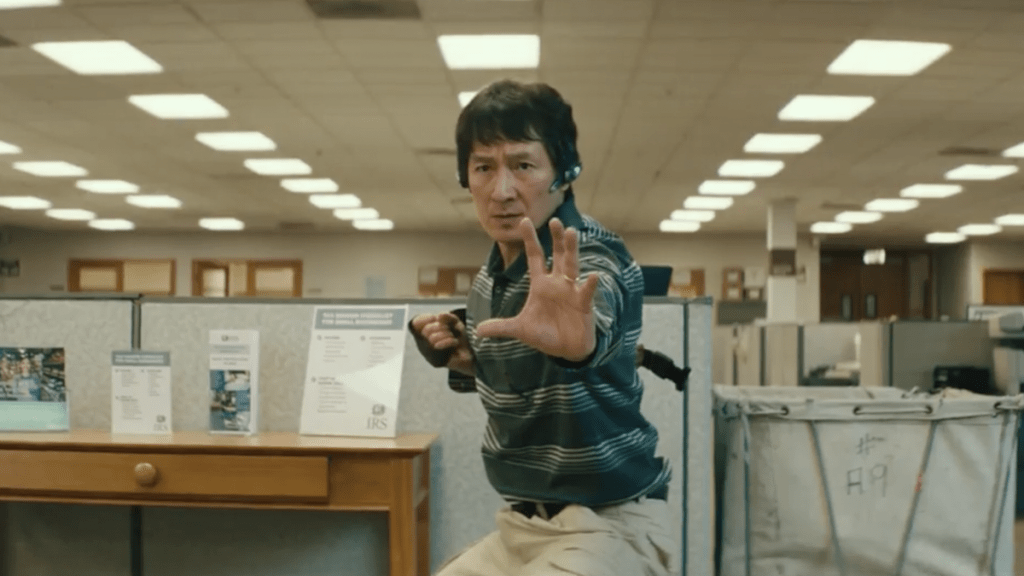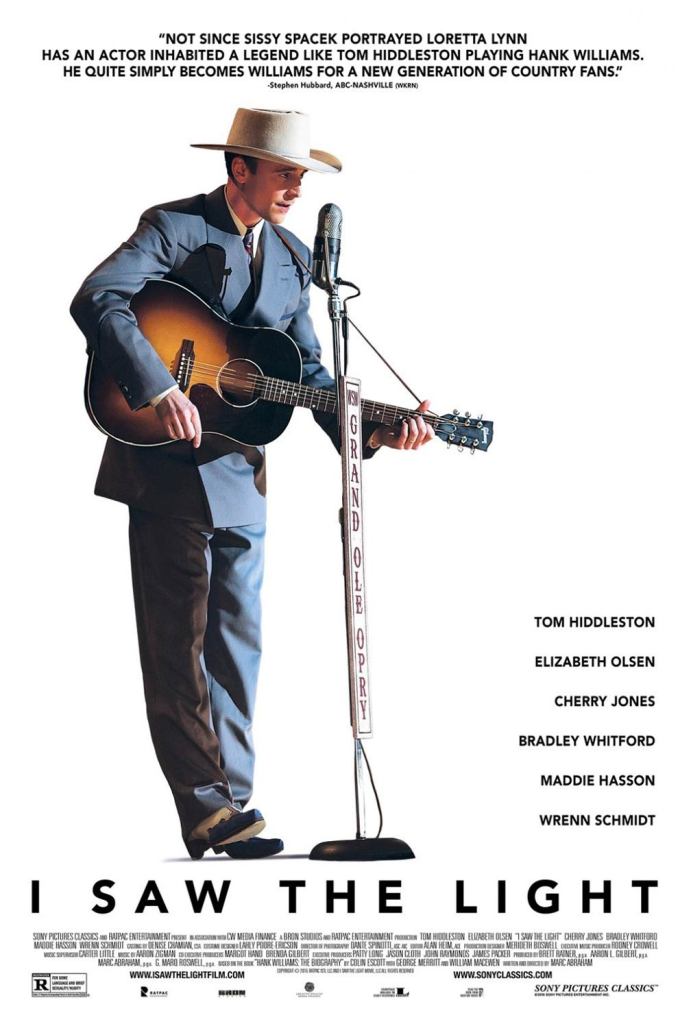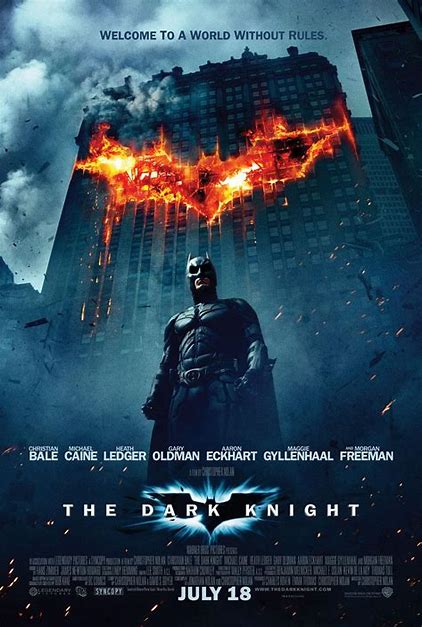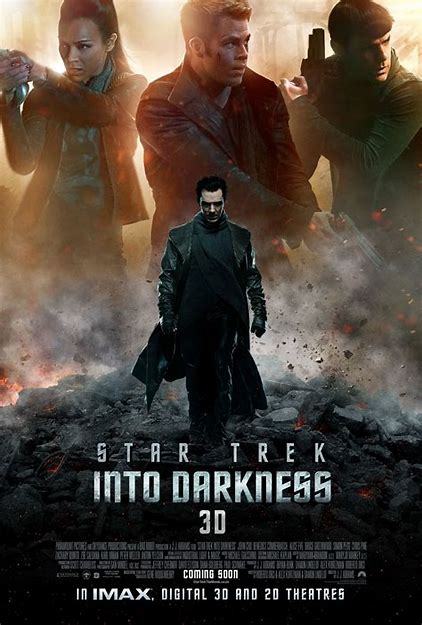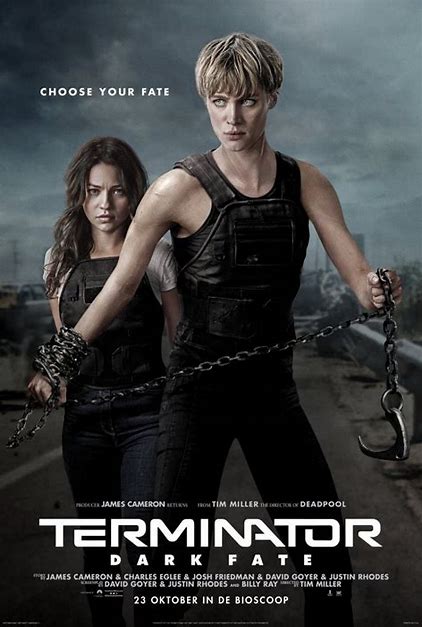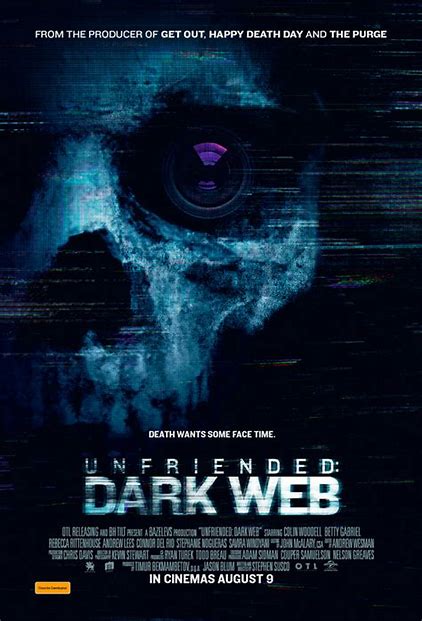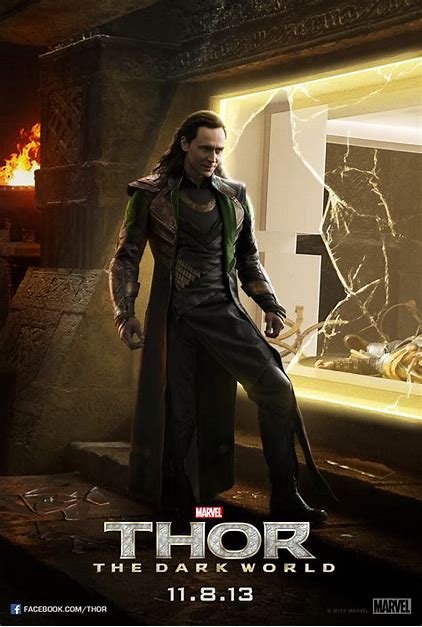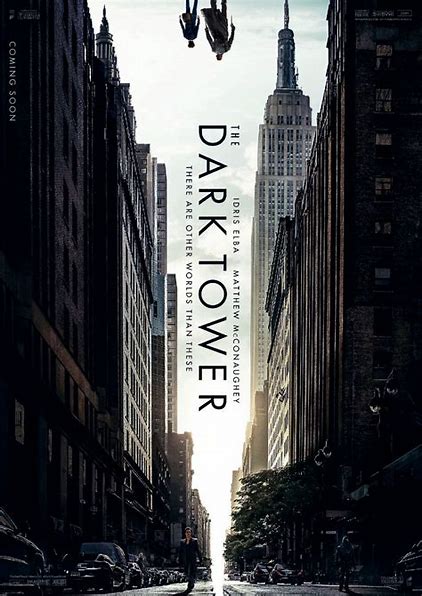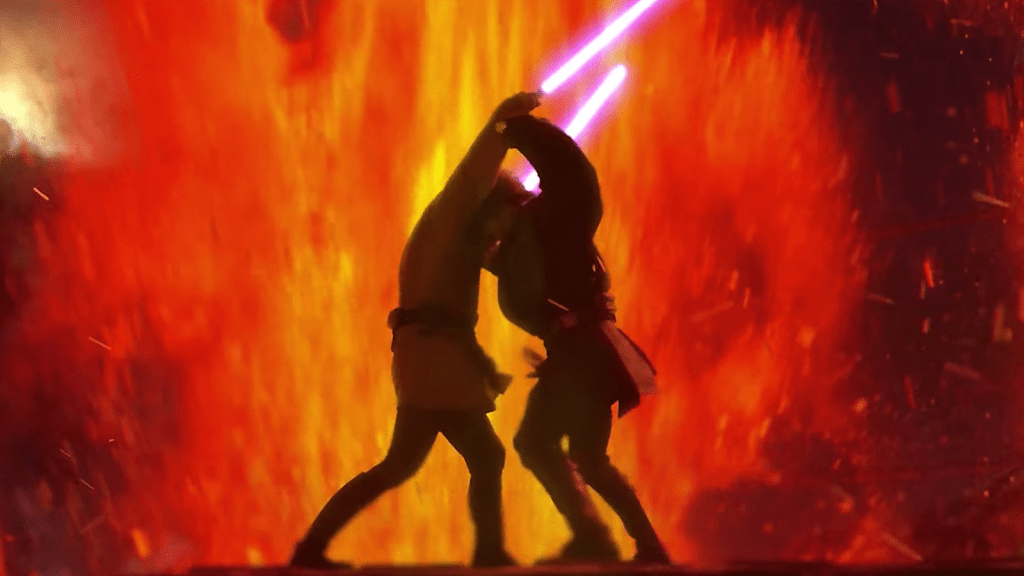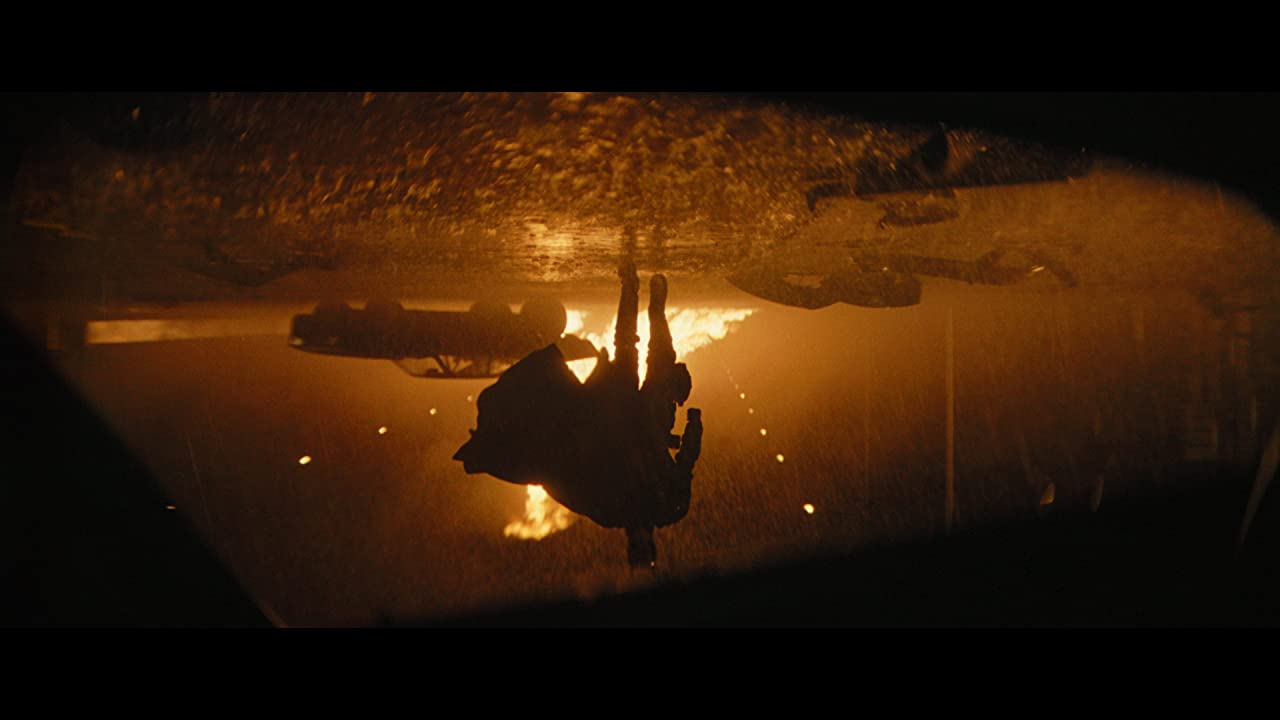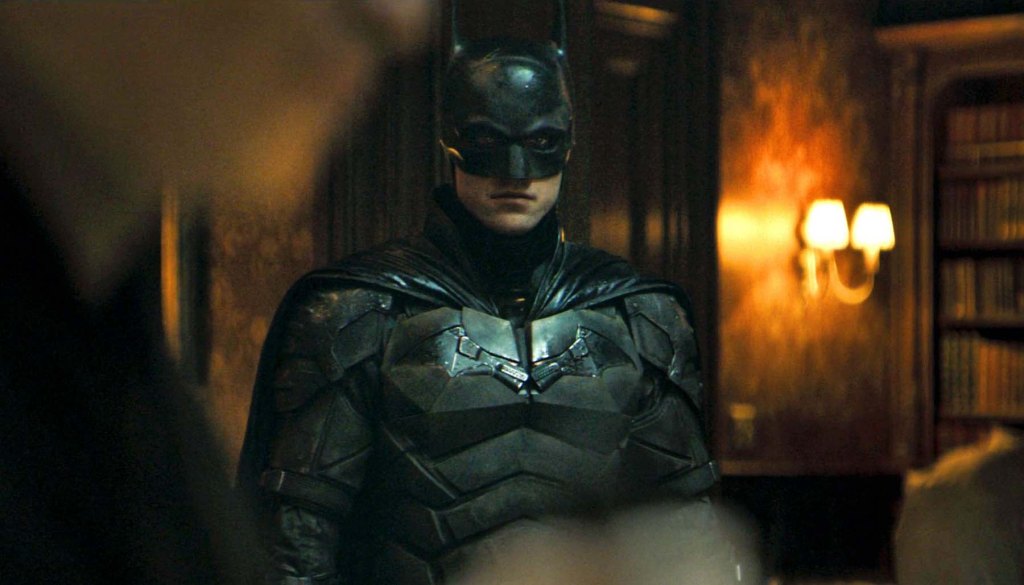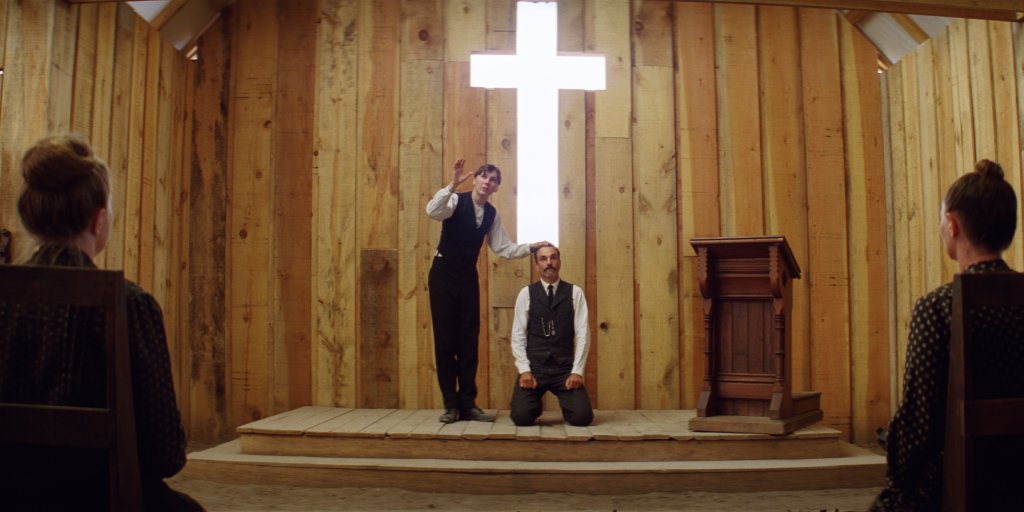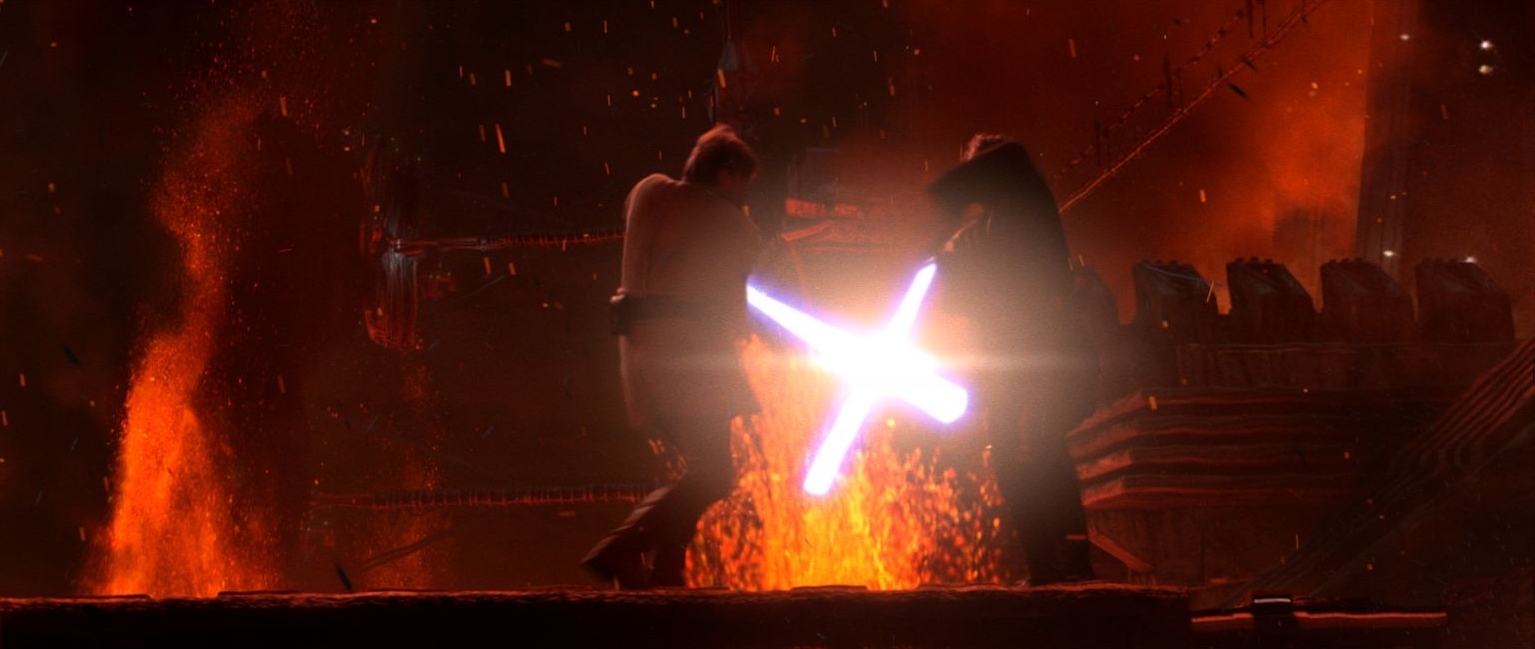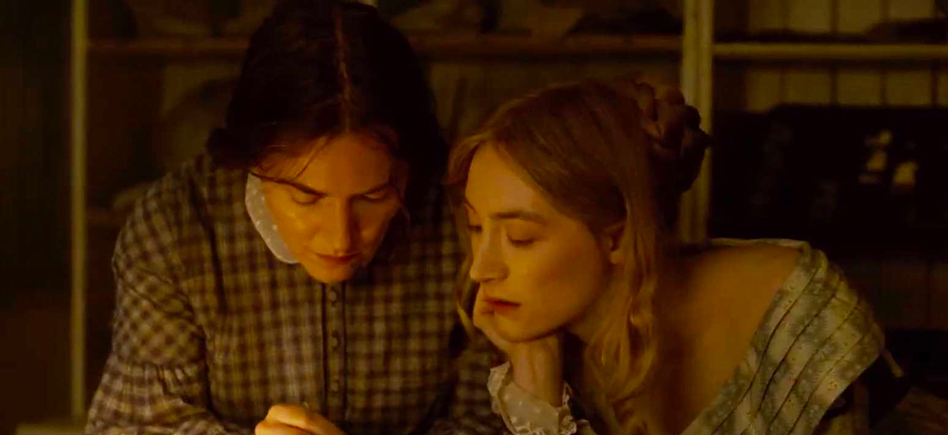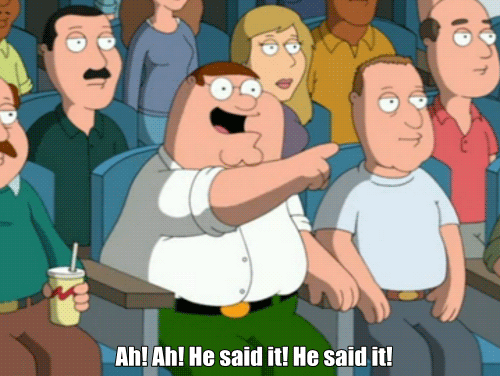The finale of “Obi-Wan Kenobi” was a few weeks ago and after contemplating it for that stretch of time, I’ve finally gathered my thoughts. When the finale premiered, I knew I was very overcome with emotion, and I was incapable of judging the content and execution from an objective perspective. I needed to sleep on it so I could look at the show with a clear head and an open mind. Now that the time has passed and everything has settled, the time is right for me to dissect the show.
My initial feelings were actually overwhelmingly positive, which was a surprise to be sure, but a welcome one. I was very vocal about my anxieties for the show and my waning faith in the creative execution of Disney. It was relieving to know that the show exceeded my expectations. However, now that I’ve been given the gift of time to think about it, my reaction has shifted. I don’t think the show is terrible, or even bad necessarily, but the flaws feel more apparent and substantial. But, as is with most topics, this isn’t a one-dimensional debate and there are several angles in which I would like to unpack “Obi-Wan Kenobi” from.
The Good

I think we should start with the positives, and there are plenty of them to talk about. First off, when you compare “Obi-Wan Kenobi” to its live-action Star Wars TV predecessor, “The Book of Boba Fett,” this show clears that one in quality by miles. Frankly, the contrast of directorial competence between the shows is so dramatic, it makes me actively detest “The Book of Boba Fett” that much more. “Obi-Wan Kenobi” avoids many (not all) of the disjointed pacing issues of its predecessor, and thankfully decides not to become a completely different show for 2 episodes. Deborah Chow keeps the narrative focused on the characters established within the story and gives most of the plot points ample time to be fleshed out. Frankly, “The Book of Boba Fett” was so tragically executed that this is an impossibly low bar, but thankfully “Obi-Wan Kenobi” did not follow the precedent. This is a positive simply by virtue of not being the extreme negative of what came before it.
Other than that backhanded compliment, there were some genuinely strong elements to this show that are worthy of praise, and a good place to start that discussion is the titular character himself. Ewan McGregor returns as Obi-Wan Kenobi from the Prequels and he does a very strong job as always with his acting. He was one of the few actors that is generally exempt from the criticisms thrown at the Prequals for their stiff acting, and he lives up to the reputation he built for himself. But, I was never worried about him. Instead, the real pleasant surprise is how well I felt the character of Obi-Wan was written. Although it seemed to have been a controversial decision, they decided to give Obi-Wan an arc that started with him disconnected from the Force. Despite the outcry of fans who don’t understand the character or how the Force works, this was the correct move for his character. The purpose of the show is to fill in the gap between trilogies for a character that was relegated to exile until the time was right. There was a lot to explore but if you just wanted him to stay the same, what would be the purpose of telling the story at all? Obi-Wan needed to process the catastrophic failures of his past and that needs to have an impact on how his character behaves, which it thankfully did.
There is a major misconception that people seem to have and I would like to clear up. The Force is not and never has been a superpower. The Force is an energy field created by all life that surrounds, binds, and penetrates us. It is an entity that is directly tied to emotional clarity and personal resolve. And these aren’t rules from some obscure comic or video game. These are the parameters established by “A New Hope” and continuously reinforced throughout the Original Trilogy. When you have personal conflict or are emotionally unbalanced, your strength with the Force is weakened. No matter Light Side or Dark Side, the strength of your convictions determines and control over your feelings directly impacts your connection.

The show understood this and used this as a storytelling device for Obi-Wan’s character arc. As Obi-Wan slowly reconnects with people and the galaxy again, his strength and skill return as well. It starts slow and by the time we reach the finality where Obi-Wan’s conviction is as strong as it has ever been up until that point, we see him exhibit greater feats with the Force than we have before, despite the fact that he supposedly hasn’t practiced in a few years. Not only does this depiction truly understand the lore of Star Wars, but it was a strong and nuanced bit of visual storytelling that I greatly appreciated.
I also need to praise Hayden Christiansen for his portrayal of both Darth Vader and Anakin Skywalker. Hayden was treated horrifically when the Prequels premiered which will be one of the many shameful scars the Star Wars fandom is forced to carry with them. But he delivered a very strong performance in his limited screen time in “Obi-Wan Kenobi”. He managed to add a lot of depth to the character of Darth Vader, which had over 50 years to be developed prior to the show. His performance fundamentally improved the way the character is and will be viewed for the foreseeable future.
When we were promised an “Obi-Wan Kenobi” show with “the rematch of the century,” most fans were feeling a mix of excitement and nerves. We desperately wanted to see our favorite characters meet again and approach their relationship through a lens we have never seen before. And these two characters are as captivating as ever. When Vader and Obi-Wan share the screen, the show is undoubtedly at its strongest. And that is as good of a transition into the next section as I could come up with…
The Bad
The most striking issue this show seems to have with fans is that there is a whole lot of content in this show that no one asked for. As Vader only appears in a select few scenes towards the middle and end of the show, there is a lot of runtime that was filled with new characters and stories. And, unfortunately, the varying degrees of success to which those were executed cannot change the fact that many people never cared to see those stories in the first place.
Let’s start with the 3rd Sister, Reva, and before I talk about her character in the show, we need to address the hateful messages that people sent her. It is incredibly heartbreaking that once again, black actors are being subjected to hate from people on the internet, and Moses Ingram should not have to deal with that. Bigotry unfortunately exists in our society, and it is far too easy to hide behind a computer screen and hurl derogatory comments without fear of being exposed to consequences.

Because of the controversy, objective discussions about her character were difficult to have for a while. I actually enjoyed her performance and thought it fit in nicely with the character I had anticipated they had written for Reva. I preached patience early on because her character was not completed at the time. But now that her story, at least in the show, is done, we have a clearer understanding of her character. And, while I believe she was compelling in her own way, the biggest issue was just how much of this show was about her and not Obi-Wan. It’s not a knock against her, but fans wanted the focus to be on Obi-Wan and Anakin, and no matter how well Reva’s character was executed, every moment we spent trying to understand her motivations and background was a moment that took away from the main event. And, in all honesty, her story was not exceptionally compelling. Moses Ingram’s acting might have fit the role well, but the role adds very little to the story as a whole and siphoned off much more of the show’s runtime than it was worth. Her character would have worked much better in a more defined supporting role, rather than a co-lead in a story about an established legacy character.
Likewise, the main plot of the story was executed very poorly. The fact that Leia was kidnapped and needed to be rescued twice in a 6-episode show is a clear indication of poor writing. The slow spaceship chase scene in the finale was reminiscent of the slow chase scene in “The Last Jedi”, where a contrived plot development completely suspended any sense of danger or consequence. It is essentially a ticking clock trope, but the clock is actually not moving at all. And when Obi-Wan breaks into Fortress Inquisitorious with little to no complications, escapes with Leia and Tala, and only suffers the loss of a nameless character we never met before, it felt very cheap. When you step back and look at the story as a whole, it just feels very untidy. They could have combined episodes 2, 3, and 4 into one or two more concise episodes and I believe the fewer actions would have had more of an impact as a whole. This is where the reports that the show was originally conceived of as a film becomes obvious. The plot reeks of being stretched out for the sake of expanding the runtime.
We should also talk about how poorly some of the action scenes look. With the exception of any of the confrontations involving Vader or Obi-Wan, all of the remaining scenes where any sort of physicality from actors or set pieces is involved look awful. Whether it is Leia being chased through the forest at half a mile an hour or Reva doing hardcore Parkour on rooftops for seemingly no reason whatsoever, they all felt like low-budget fan films. Blame here needs to be split between the directing and the effects, but either way, there is no reason why these scenes look as bad as they ended up looking.
Lastly, I simply cannot understand why the music in this show is so bad and why they refused to reuse any of the tracks from the Prequels at important moments. They should have total freedom to create the show the way they see fit, but outside of Obi-Wan’s new theme, composed by John Williams, I can’t even recall any of the other original compositions in the show. Music has always played a tremendous role in the legacy of Star Wars and this is the first mainstream production from the franchise that seemingly completely neglected this essential element.
A Hallow Shell
“Obi-Wan Kenobi” produced a lot of great moments and contributed to many improvements to the overall story of Star Wars, which is commendable. I can confidently say that the stories of Obi-Wan Kenobi and Darth Vader have rather significantly improved as a result of the show. Seeing as though this was the primary goal of the show’s existence (besides money), it is difficult to view the show as anything other than a success. Disney has shown that at least on a general level, they are cognizant of what a quality Star Wars story is made of. And yet, they seem as though they feel obligated to dilute the waters with lesser moments, which is a repeated experience that is very indicative of sad reality for Star Wars that we will have to deal with.
It seems that Star Wars is being led in a direction where creative stagnation and mediocrity are being encouraged. Despite the many highs of the show, the inescapable lows feel tethered to the very existence of these productions masquerading as a pseudo-necessity. “The Mandalorian” is widely praised but season 2 was just a series of cameos from legacy characters who provided one-off fetch quests for Mando to do. He is slowly becoming less central in his own show in favor of side characters setting up spin offs. “The Book of Boba Fett” was a sophomoric disaster that couldn’t even handle the responsibility of being its own show for 7 episodes. The best 2 episodes of the show were just episodes of “The Mandalorian” that actually undid the single most pivotal plot point from the previous season. And “Obi-Wan Kenobi” is seemingly forced to burden itself with side stories that divert too much away from the compelling main story.
And littered throughout these shows are half-baked references to more compelling stories that only serve as an attempt to appeal to more hardcore fans who are ultimately unimpressed and unengaged with the show anyway. Why bring up the planet Tython in “The Mandalorian” if you are only going to show it as a mostly empty field instead of the ruins of the early Jedi? Why use the planet Jabiim in “Obi-Wan Kenobi” if you don’t care to explain why that location was significant for Anakin’s fall to the Dark Side in the comics? Why are you showing us Ahsoka Tano, Black Krrsantan, the 5th Brother, or the Grand Inquisitor if you don’t make their presence play any substantial role on the story? This isn’t real attention to detail, it’s a bastardization of storytelling. They seemingly just exist to inject references into the shows in a poor attempt to add depth to the story with a cheap coat of paint and a nod to a completer and more beloved story that exists elsewhere. And the sad truth is that Disney Star Wars shows rely on these as a crutch.

The live-action TV shows have a recognizable problem and a solution that will never be used because there is just too much monetary reward in their current trajectory. If Disney wants to shore up the content it releases to ensure the quality, they should be producing less content overall. “The Mandalorian” worked so well in season 1 because it was new and fresh and self-contained. But everything expanded and Star Wars is beginning to mirror the MCU a little too closely. It appears that Disney is avoiding any semblance of specialization in order to preserve the chances of their endless stream of content appealing to the broadest audience possible. There is just so much content now, and all of this content is just trying to set up different content down the line. They have created an endless faucet of content for us to consume, and sadly, we are all consuming it. We are so overloaded with content now that we have begun to praise adequacy because the idea of exceptionality seems so farfetched. If they make any show too good or detailed or experimental, they fear alienating the large swaths of audience who just want to watch a flashy show with pretty colors and loud noises. And as long as we keep giving away an A to something that deserves a C+, their strategy of just drowning us in content will never stop.
For as much as I love Star Wars, the franchise produced its best content when much of their creative energy was spent generating stories for alternative mediums, like novels, video games, and cartoons. Studio interference was noticeably less, and creators didn’t look at their positions as an entitlement or a career stepping-stone. I know it is completely and willfully ignorant on my end to assume that capitalistic greed played no part in that era of Star Wars, but there still was a tangible difference. The expansive stories that built on the main saga were never really concerned with penetrating the mainstream zeitgeist. They were allotted the freedom to explore the fringes of their audience, which of course, had varying degrees of success. By no means was this era perfect, but there was real strength for the franchise when every bit of content they produced wasn’t produced for every single fan to consume. They did not generalize their content for the least common denominator for absolutely everything, and unfortunately this new era of Star Wars has ventured into the Jack-Of-All-Trades and Master-Of-None territory.



